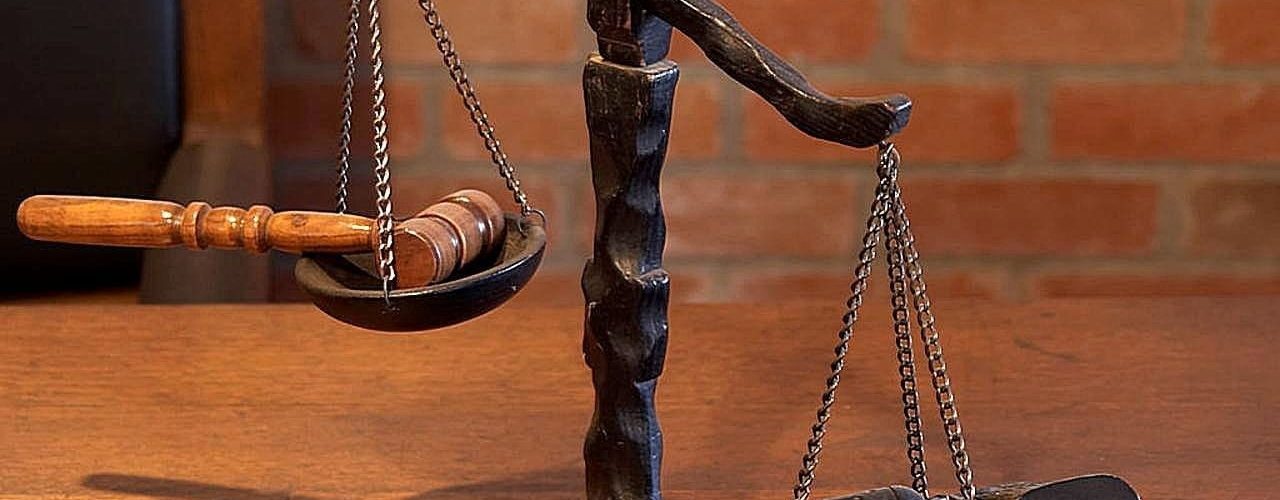On May 12, 2021, the ECJ issued the AG Opinion in the case C-844/19 (TechnoRent)which relates to Interest for late VAT refunds despite lack of national provision.
Article in the EU VAT Directive
Articele 90(1): Taxable amount (Misc. provisions)
Article 90
1. In the case of cancellation, refusal or total or partial non-payment, or where the price is reduced after the supply takes place, the taxable amount shall be reduced accordingly under conditions which shall be determined by the Member States.
27(2) of Council Directive 2008/9/EC of 12 February 2008
Facts
An Austrian referral asking whether EU law permits a taxpayer to claim interest where the tax authorities fail to process a VAT refund in good time, even though national law does not provide for such an interest payment? When does the interest begin to accrue?
Question
1. Is there a rule with direct effect under EU law that grants a taxpayer to whom the tax office, in circumstances such as those in the main proceedings, has not refunded a turnover tax credit in good time entitlement to interest for late payment, with the result that he can claim that entitlement before the tax office or before the administrative courts, even though national law does not provide for such a rule on interest?
If Question 1 is answered in the affirmative:
2. Is it permissible also in the case of a turnover tax claim made by the taxable person as a result of a subsequent reduction of consideration under Article 90(1) of Council Directive 2006/112/EC of 28 November 2006 on the common system of value added tax that interest begins to accrue only after expiry of a reasonable period for the tax office to assess the lawfulness of the entitlement claimed by the taxable person?
3. Does the fact that the national law of a Member State does not provide for any rule on interest in respect of the late crediting of turnover tax credits mean that the national courts must, when calculating interest, apply the legal consequence laid down by the second subparagraph of Article 27(2) of Council Directive 2008/9/EC of 12 February 2008 laying down detailed rules for the refund of value added tax, provided for in Directive 2006/112/EC, to taxable persons not established in the Member State of refund but established in another Member State, even though the main proceedings do not fall within the scope of that directive?
AG Opinion
Under EU law – in this instance Article 183 and Article 90 of Council Directive 2006/112/EC of 28 November 2006 on the common system of value added tax (‘the VAT Directive’) in conjunction with the principle of neutrality – interest is to be paid, in principle, on excess VAT under Article 183, just as on an entitlement to a refund resulting from the adjustment of the taxable amount under Article 90 of the VAT Directive, when the refund is not made within a reasonable period. However, there is no rule of the directive with direct effect concerning the specific application of interest to such entitlements. The referring court is therefore obliged to do everything within its power to produce a result in conformity with EU law, for example by means of an application by analogy or a broad interpretation of national law in conformity with EU law.
Decision
Art. 90 para. 1 and Art. 183 of Council Directive 2006/112 / EC of November 28, 2006 on the common VAT system are to be interpreted in conjunction with the principle of fiscal neutrality as meaning that a reimbursement resulting from a correction of Tax base according to Art. 90 (1) of this directive, as well as a reimbursement of an input tax surplus according to Art. 183 of this directive is subject to interest if it is not made within a reasonable period of time. It is incumbent on the referring court to do everything within its jurisdiction to ensure the full effectiveness of these provisions through an interpretation of national law in conformity with Union law.
Summary
The Court of Justice of the EU has ruled that interest must be paid when a VAT refund is not made within a reasonable period of time. This applies when a VAT refund within the meaning of art. 90 paragraph 1 EC Directive 2006/112. It also applies when there is a refund of a VAT surplus within the meaning of art. 183 EC Directive 2006/112. However, it is for the referring court to do everything within its competence to ensure the full effect of these provisions by interpreting national law in accordance with EU law.
A taxpayer is entitled to interest on the delayed VAT refund, even if national legislation does not provide for such interest
|
Source
Similar ECJ cases
Newsletters
Newsletters before the decision has been issued















